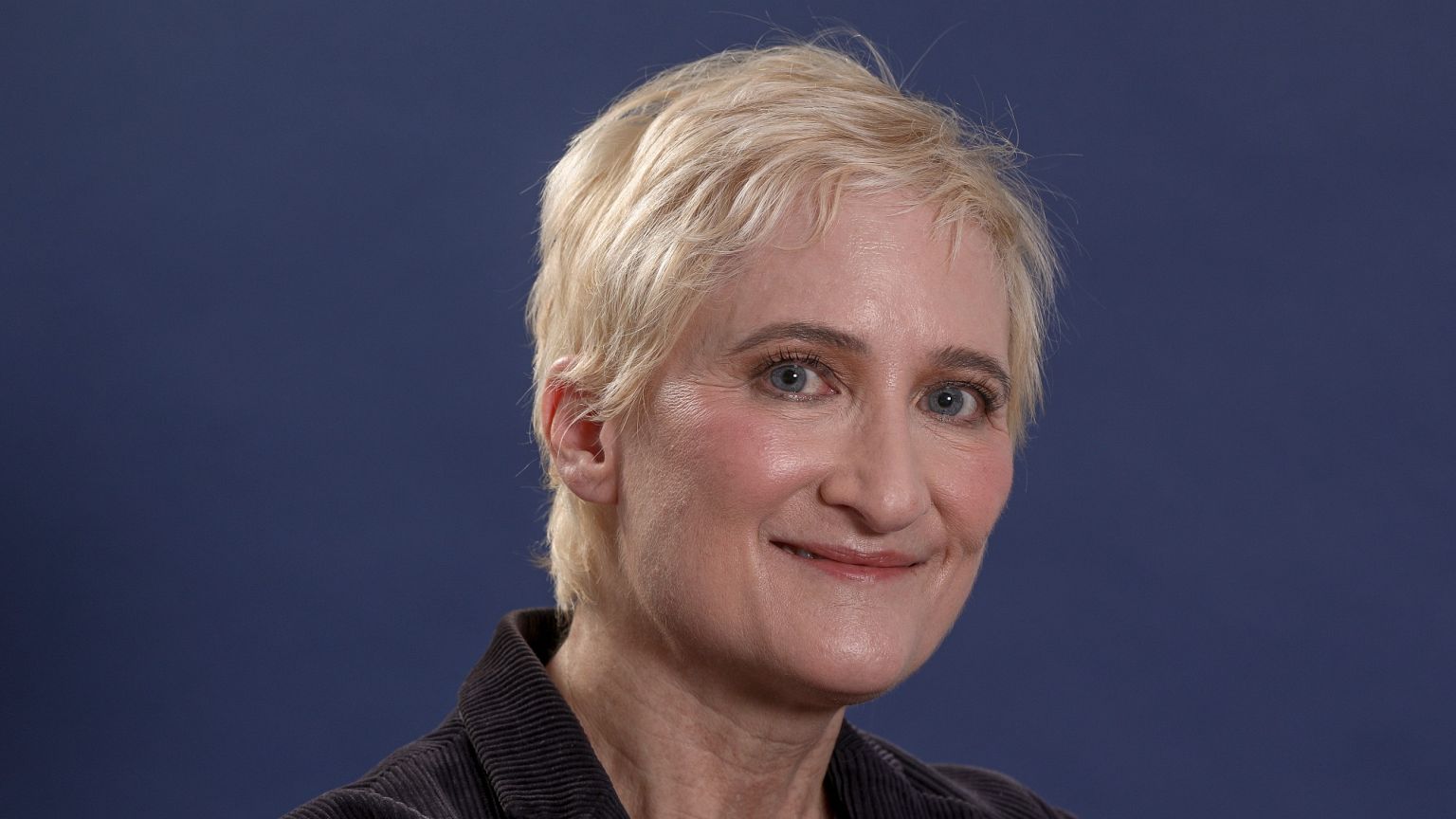April 23, 2025 This article has been reviewed according to Science X's editorial process and policies . Editors have highlightedthe following attributes while ensuring the content's credibility: fact-checked trusted source proofread by University of Southern California Andrew Lakoff studies how experts—in areas from public health to the environment to security—generate knowledge about and plan for an uncertain future. Trained as an anthropologist of science and medicine, Lakoff is a professor of sociology and anthropology at the USC Dornsife College of Letters, Arts and Sciences, where he is also the founding director of the USC Dornsife Center on Science, Technology, and Public Life (STPL).
STPL recently launched a collaborative research project on the theme "The City on Life Support: Los Angeles as a Laboratory for Planetary Health." The project brings humanists and social scientists together with environmental and health scientists to investigate the relationship between planetary ecosystems and urban public health. This Earth Month, USC News spoke with Lakoff about the importance of planetary health and how our well-being is deeply intertwined with the health of Earth's ecosystems.

How do you personally define planetary health, and how is it different from traditional public health or environmental science? Traditional public health tends to be human-centered, even if it attends to the effects of toxic pollutants on human health or the spread of zoonotic pathogens to human populations. The concept of planetary health, in contrast, emphasizes the fact that human health is dependent upon the well-being of planetary ecosystems. The air that we breathe, the water we drink, the food we eat: These sources of sustenance all depend on the functioning of what planetary health advocates describe as Earth's "life support systems.
" If bee colonies collapse due to pesticide use , our food system is undermined; if climate change sparks massive wildfires , our ability to breathe is compromised. In other words, planetary health is a way of thinking about our relation to the nonhuman world as one of interdependence. What first drew you to this research area, and why does it continue to inspire your work? My own research looks at systems of expert knowledge about human health and well-being: What are their assumptions about the sources of illness and the basis of cure? How do they think about the relation of the organism to its environment? I find the proposal to define a new area of knowledge and intervention, "planetary health," intriguing in that it strives to bring together what are often seen as separate domains.
Its advocates argue that with processes of modernization and industrialization we have focused on economic growth and prosperity, but that this has been at the expense of the well-being of the nonhuman world and has placed our own health at risk as well. If you could redesign one aspect of modern society to better align with planetary health, what would it be and why? It is interesting to think through what a "planetary health" approach to redesigning our food system might look like. Presumably, we would use fewer pesticides and chemical additives, treat livestock more humanely, protect the habitat of fisheries and eat less processed food.
One would assess the health of food not only in terms of its caloric content and the nutrients it delivers to human bodies, but also in terms of the effects of its production on the well-being of ecosystems. In this way, planetary health is a way of linking an ethics of responsibility to others to our own self-care. Discover the latest in science, tech, and space with over 100,000 subscribers who rely on Phys.
org for daily insights. Sign up for our free newsletter and get updates on breakthroughs, innovations, and research that matter— daily or weekly . What does a planetary health approach offer communities recovering from climate-driven disasters, such as the L.
A. wildfires, especially when it comes to long-term resilience and justice? Planetary health is a way of reminding ourselves that processes that may feel far away and abstract—the amount of greenhouse gases released by human activities each year, or the amount of toxic waste that is discarded—in fact have a direct impact on the possibility of flourishing where we live. If we could directly link the costs of catastrophic events like wildfires—not only to those who lose their homes but to all of us who breathe in wildfire smoke or even whose insurance rates go up—if we could embed those costs into the price of carbon, we would spark a more resilient form of economic life as well as a more just one.
Looking ahead, what gives you hope? This is perhaps a difficult moment for hope, as we are facing direct attacks on efforts to generate the kind of knowledge that would improve planetary health. But I continue to be impressed by the energy and imagination of people who are striving to move past the era of uninhibited resource extraction and planetary contamination. This is the time to keep speaking out on behalf of both human and nonhuman life.
Provided by University of Southern California.
Environment

Q&A: Why planetary health is the first step to a sustainable future

Andrew Lakoff studies how experts—in areas from public health to the environment to security—generate knowledge about and plan for an uncertain future. Trained as an anthropologist of science and medicine, Lakoff is a professor of sociology and anthropology at the USC Dornsife College of Letters, Arts and Sciences, where he is also the founding director of the USC Dornsife Center on Science, Technology, and Public Life (STPL).















